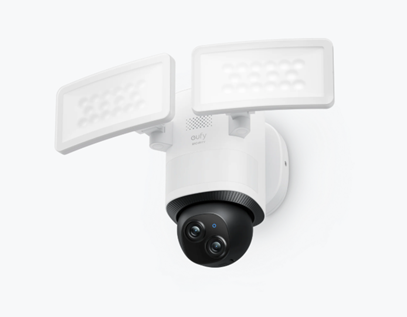January 28, 2022 – Changes necessitated by the COVID-19 pandemic have had a wide-ranging impact on maternity care – affecting provider well-being as well as patient care, reports a study in the January/March issue of The Journal of Perinatal and Neonatal Nursing (JPNN). The journal is published in the Lippincott portfolio by Wolters Kluwer.
"Maternity care providers in Michigan experienced a range of complex challenges due to the pandemic, with many experiencing conflicts and questioning their role as a provider amid concerns of the effects of COVID-19 on themselves and their families," according to the qualitative research report by Lisa Kane Low, PhD, CNM, and colleagues of University of Michigan, Ann Arbor.
Five key themes related to pandemic's impact on maternity units
In early February 2020, Dr. Kane Low and colleagues were in the process of administering a survey to maternity care teams across the state of Michigan that take part in The Obstetrics Initiative (OBI), a data-driven quality improvement collaborative. The intent of the survey was to assess the influence maternity unit culture has on cesarean birth rates, but as the pandemic unfolded, the researchers wanted to additionally capture how a global health crisis might affect the maternity care landscape in Michigan. In mid-April 2020, they added a single, open-ended question: "How has COVID-19 impacted your work?"
A total of 647 responses were received from nurses, physicians, midwives and other maternity care professionals at 21 hospitals, representing a range of hospital types (academic medical centers and community hospitals) and settings (urban/suburban, rural).

In a content analysis of survey responses, the research team identified five key themes:
The study provides important new evidence and direct quotes from a wide range of maternity care providers across Michigan in "real time" as the COVID-19 pandemic unfolded. "This ongoing disruption to usual care has taken a physical and emotional toll on all maternity care professionals," Dr. Low and coauthors conclude. "Resources are necessary to support providers who experience distress to promote wellbeing and retention of this essential workforce."
Click here to read “A Qualitative Study Focused on Maternity Care Professionals' Perspectives on the Challenges of Providing Care During the COVID-19 Pandemic“
DOI: 10.1097/JPN.0000000000000623
###
About JPNN
The Journal of Perinatal and Neonatal Nursing (JPNN) strives to advance the practice of evidence-based perinatal and neonatal nursing through peer-reviewed articles in a topic-oriented format. Each issue features scholarly manuscripts, continuing education options, and columns on expert opinions, legal and risk management, and education resources. The perinatal focus of JPNN centers around labor and delivery and intrapartum services specifically and overall perinatal services broadly. The neonatal focus emphasizes neonatal intensive care and includes the spectrum of neonatal and infant care outcomes. Featured articles for JPNN include evidence-based reviews, innovative clinical programs and projects, clinical updates and education and research-related articles appropriate for registered and advanced practice nurses.
About Wolters Kluwer
Wolters Kluwer (WKL) is a global leader in professional information, software solutions, and services for the clinicians, nurses, accountants, lawyers, and tax, finance, audit, risk, compliance, and regulatory sectors. We help our customers make critical decisions every day by providing expert solutions that combine deep domain knowledge with advanced technology and services.
Wolters Kluwer reported 2020 annual revenues of €4.6 billion. The group serves customers in over 180 countries, maintains operations in over 40 countries, and employs approximately 19,200 people worldwide. The company is headquartered in Alphen aan den Rijn, the Netherlands.
Wolters Kluwer provides trusted clinical technology and evidence-based solutions that engage clinicians, patients, researchers and students in effective decision-making and outcomes across healthcare. We support clinical effectiveness, learning and research, clinical surveillance and compliance, as well as data solutions. For more information about our solutions, visit https://www.wolterskluwer.com/en/health and follow us on LinkedIn and Twitter @WKHealth.
For more information, visit www.wolterskluwer.com, follow us on Twitter, Facebook, LinkedIn, and YouTube.




